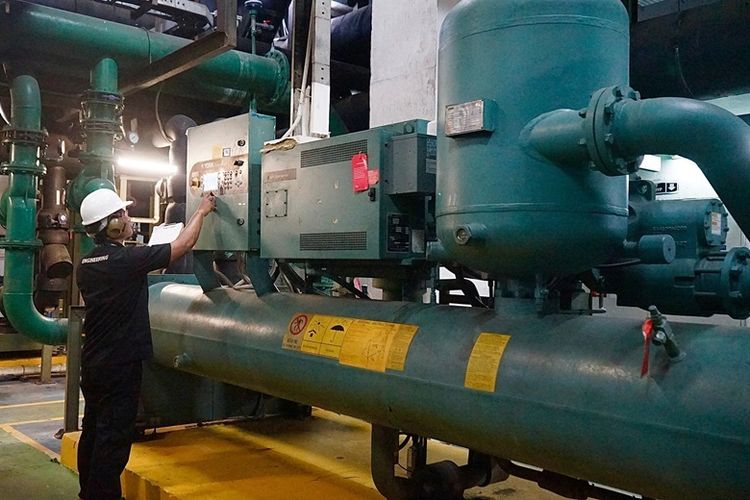In an effort to promote sustainability and combat climate change, Lippo Malls Indonesia has announced a series of initiatives aimed at enhancing energy efficiency and reducing carbon emissions across its properties. Recognizing the urgent need to address environmental issues, the company is taking significant steps to optimize energy use and minimize its environmental footprint.
As one of Indonesia’s leading retail and property developers, Lippo Malls understands that large commercial spaces are significant consumers of energy. Therefore, the company is committed to implementing innovative solutions that not only improve operational efficiency but also contribute to broader sustainability goals. This commitment aligns with the global push toward reducing greenhouse gas emissions and transitioning to cleaner energy sources.
One of the key initiatives involves the installation of energy-efficient lighting systems throughout its malls. By replacing traditional lighting with LED technology, Lippo Malls can significantly reduce electricity consumption. LED lights consume up to 75% less energy than incandescent bulbs and have a longer lifespan, leading to lower maintenance costs and reduced waste. This switch not only enhances the shopping experience for customers but also aligns with the company's goal of minimizing its carbon footprint.
In addition to upgrading lighting systems, Lippo Malls Indonesia is focusing on improving overall energy management practices. This includes conducting regular energy audits to identify areas for improvement, optimizing HVAC (heating, ventilation, and air conditioning) systems, and investing in building automation technologies. These measures ensure that energy is used efficiently and that any unnecessary consumption is promptly addressed.
Furthermore, the company is exploring renewable energy options, such as solar power, to supplement its energy needs. By integrating solar panels into its facilities, Lippo Malls can harness clean energy, which not only reduces reliance on fossil fuels but also contributes to long-term cost savings. This transition to renewable energy sources is essential in the fight against climate change and reflects a broader trend in the real estate sector toward sustainability.
Employee training and awareness programs are also an integral part of Lippo Malls' strategy. By educating staff and tenants about energy conservation practices, the company fosters a culture of sustainability. Employees are encouraged to adopt energy-saving behaviors, such as turning off lights when not in use and reducing unnecessary energy consumption. This grassroots approach can lead to significant reductions in overall energy usage.
Moreover, Lippo Malls is committed to transparent reporting of its sustainability efforts. By sharing progress and achievements with stakeholders, including customers, investors, and the community, the company aims to inspire others to adopt similar practices. Transparency in sustainability efforts builds trust and encourages collective action toward a greener future.
In conclusion, Lippo Malls Indonesia is taking decisive action to enhance energy efficiency and reduce carbon emissions. Through innovative technologies, renewable energy integration, employee training, and transparent reporting, the company demonstrates its commitment to sustainability. These initiatives not only benefit the environment but also create a more efficient and cost-effective operation, paving the way for a sustainable future in the retail sector.
Read More






 Saturday, 07-02-26
Saturday, 07-02-26







